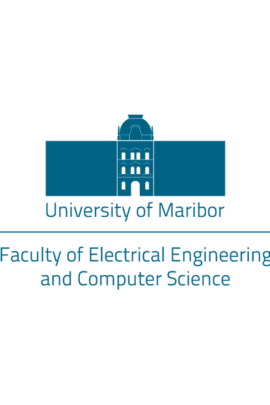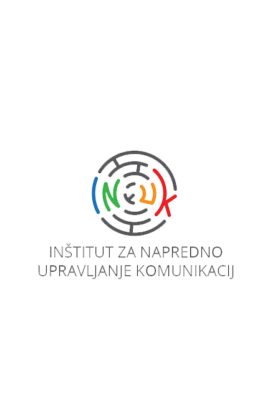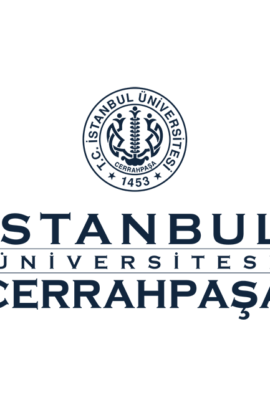
Lusófona University is the result of the integration of Universidade Lusófona de Humanidades e Tecnologias and Universidade Lusófona – Porto, originating two university centres (Lisbon and Porto). From the very start, their goals are “education, research in the various fields of science, culture and technologies, from an interdisciplinary perspective and, above all, with a view to the development of Portuguese-speaking countries and peoples””.
The history of Lusófona University began in 1998 with the merger of ISMAG – Higher Institute of Applied Mathematics and Management, a university institute, and ISHT – Higher Institute of Humanities and Technologies, a polytechnic institute. Both had been founded in 1989 by COFAC, the same founding entity that would go on to create Lusófona University. The subsequent purchase of the facilities of Universidade Moderna – Porto would give rise to Lusófona University – Porto.
Lusófona university is the largest private university in Portugal. The entity that is legally responsible for managing and developing the university is COFAC – Cooperativa de Formação e Animação Cultural, a not-for-profit educational entity, located in Lisbon, Portugal, which is currently the largest not-for-profit educational organisation not funded by the state in the country.
The name of the university comes from the term “”Lusophony””, which comprehends all the Portuguese-speaking countries and their common linguistic and cultural background.
The University campuses, now called Lisbon University Centre and Porto University Centre, are located at the heart of the two cities, locations that are strategically connected to the whole transportation network.
Lusófona University advocates equal opportunities, and at present has a body of more than 16,900 students and 1.671 teaching staff, articulated in the 15 Faculties, Schools and Institutes which constitute the main institutional unit.
Currently, Lusófona University offers 65 Bachelor programmes, 70 Masters, 4 Integrated Masters, 8 “Erasmus Mundus” International Masters, 2 Professional Masters and one in EAD, 13 PhD programmes and a wide range of postgraduation, specialised training and micro-credential courses. All the University’s courses meet the European higher education requirements, and comply with the European Credit Transfer System (ECTS). Moreover, they are accredited by A3ES, the entity responsible for assessing and accrediting higher education in Portugal.
From its assets, it is important to highlight its strong international nature, quite evident in the fact that the university leads one of the new “European Universities”, namely, Filmeu – European University for Film and Media Arts, and actively participates in dozens of research projects within the scope of, among others, the European programmes Horizon and E+. Furthermore, it welcomes more than 1,700 international students of 84 nationalities who are currently attending its courses.











